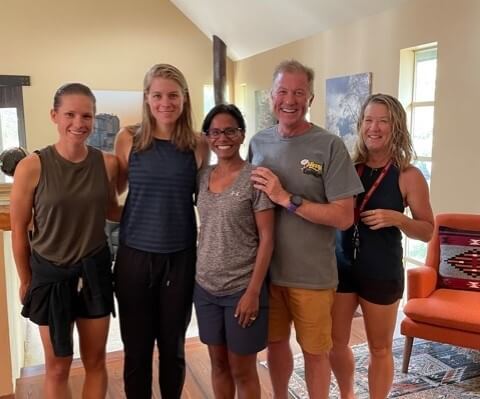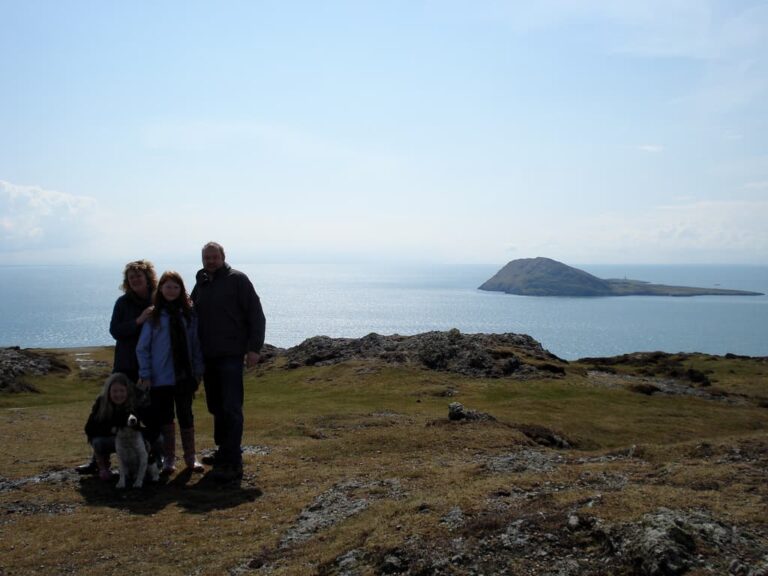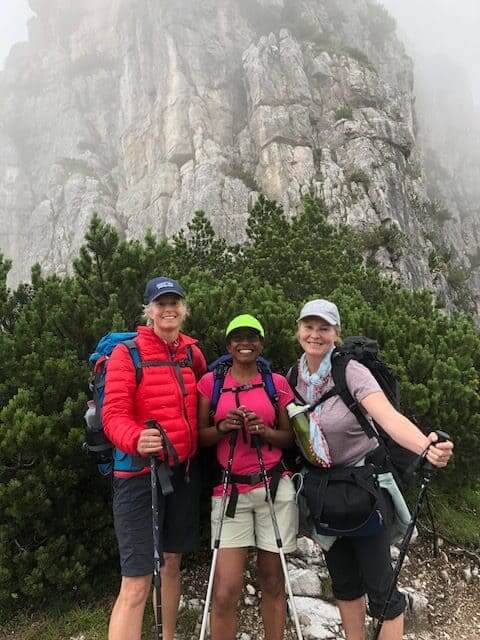Blog #280
I just completed a coaching call with a senior leader who is wonderfully smart, energetic, happy, but professionally, she is completely drowning – buried deep in the weeds. She has recently been elevated to a senior leadership position. In order for her to be successful, there are many things she will need to do; most importantly, she will need to transition from being a fantastic doer of tasks to that of a sage leader, coordinator, and thinker.
We will touch on each of those characteristics below.
- Leader. A great team leader has mastered the art of simplifying and clarifying expectations, has candid communication with their team, sets clear accountabilities, provides trusted coaching, and instills empowerment in their direct reports. Candidly, there are thousands of books on this topic alone. And we could spend countless words on this alone…but if leaders are able to shift their focus to these things, productivity, employee engagement, and results will skyrocket.
- Coordinator. As a doer in an organization, it is important to be heads down in your key expectations and accountabilities. However, as you elevate up to a senior leader, it becomes essential to raise your gaze by considering the impact each team member has on the business, evaluating resource needs, and assessing any required cross-team/organization coordination. This is an area that is often missed, so we end up duplicating work, stepping on toes, or having to completely rework projects. It is critical to take into account who else should be involved, as well as the overall implications of the team. As a senior leader, it is worth taking a moment to step back to look at all the projects in process, so you can take inventory of the “who”, “how”, and “what”. Getting your team involved in this process early on should be a top priority as you begin your transition to a senior leader.
- Thinker. This may be one of the biggest transitions for senior leaders – and sometimes, the most challenging. Whether you are a new or seasoned leader, it may feel selfish to slow down and give yourself permission to do a high-level overview of what is working and what is not. Once you have this perspective, try to explore why certain things are successful and others are not. When you begin the discovery process, you will start to see that in order for your department to grow, it is critical for you to determine how to improve it. Typically, this boils down to a change in one or more of the following areas: process, personnel, accountability, coordination, communication, and trust. Figuring out these pieces, facilitating conversations around ways to improve and resolve issues, and creating a plan to implement and test your solutions become priorities for extraordinary leaders.
Regardless of the industry, if you are growing the business, you are elevating people. Keep in mind that while you are elevating team members, some may have never truly led before. For example, just because someone had direct reports for years doesn’t mean they have the skills it takes to be a great leader. By no means is this blog a comprehensive list of senior leadership skills, but it is a good place for senior leaders to start – and for you, the business owner, to begin coaching your leaders. Team members need to have a clear understanding of how roles change as they “float up”, which will help them to lift their gaze, explore, evaluate, and succeed as a senior leader.
Are you a new senior leader in need of professional coaching? Are you an experienced senior leader interested in elevating others? We can help you with that! Reach out to us today to find out how to get started.
Keep Smiling,
Kris






